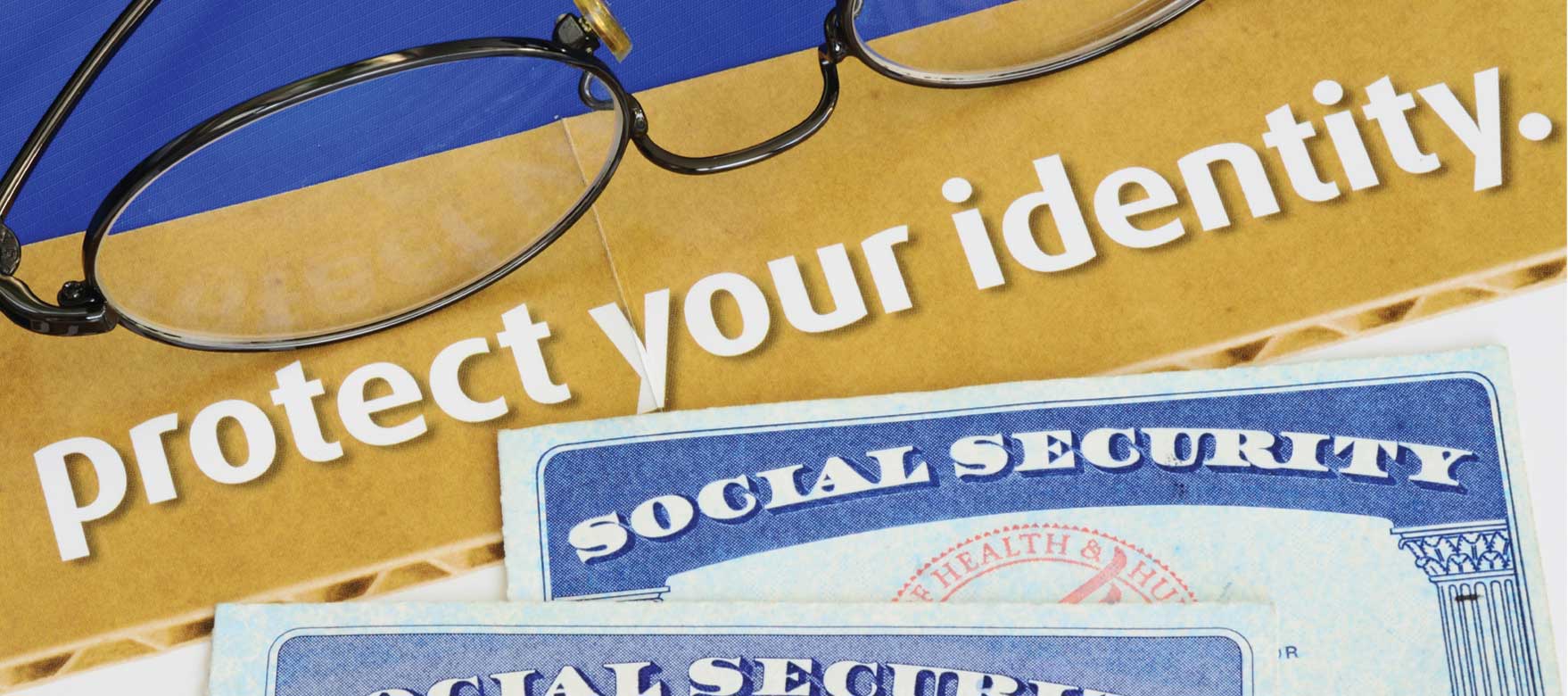5 Ways to Be Smart and Protect Your Online Identity
According to the last five years of information gathered by the Federal Trade Commission, active duty service members are 76% more likely to report identity theft on an existing account. Armed Forces Insurance has taken this information to heart and has partnered with CyberScout to provide members of the AFI family free access to the Identity Disaster Response (IDR911).
This program was developed to help victims of natural disasters -- hurricanes, tornadoes, earthquakes, etc. -- deal with issues related to identity theft and help them navigate other events that have compromised personal data.
But it's not always enough to rely on others to help you protect your personal data. Service members are three times as likely to report someone has taken money from their bank account. There are some things you can -- and should -- be doing to strengthen your personal data privacy and protect your assets.
Be smart on social media.
There are several ways to keep track of your online security settings, and it's important to remember it's not a "one and done" deal. Applications and websites are constantly changing their settings. Think about what really needs to be on social media websites and remove what doesn't.
Change up the passwords -- seriously.
It seems like professionals have been repeating this for years, but it's because it's important. You simply cannot keep using the same password for everything. And no, adding a $ to your high school password is not good enough. Be especially diligent on any financial accounts.
Don't let your guard down in real life.
Being diligent online is important, but you can't let your guard down in real life either. Good practices like shredding financial documents that come in the mail, stopping your mail when you travel, and not giving anything away in phone conversations will help protect your identity from theft.
Monitor your family's information.
It's not enough just to keep track of your own information online. Military service members are 22% more likely to report that stolen information opened a new account, usually new credit card accounts. And your children aren't exempt from this. Identity theft from children is very common, and most people don't check those credit scores. Don't make that mistake, keep track of everyone in your family.
Don't give out your information too quickly.
It's hard not to give out information when it's "required" on forms and applications. It feels like everyone is asking for a PIN or your social security number. But not everyone actually needs it. Be stingy with who you give this too, it's ok to push back and say "no" when someone who doesn't need it asks for it.
Source: CyberScout
cyberscout.com
More Articles
-
Flooding
April showers may bring May flowers, but they can also bring flooding. And with more climate change, the risk of flooding increases. The National Oceanic and Atmospheric Administra...
-
It's PCS time again!
It’s that time of the year again! And if you’re a military family preparing for a move, there are a few things related to your insurance that you’ll want to think about. Our AFI ag...
-
Summer storms can be very costly — the time to prepare is now
Summer weather can be brutal. Almost everyone needs to prepare for the possibility of flooding, as even dry, desert areas can get summer storms that the ground just can't handle. R...

